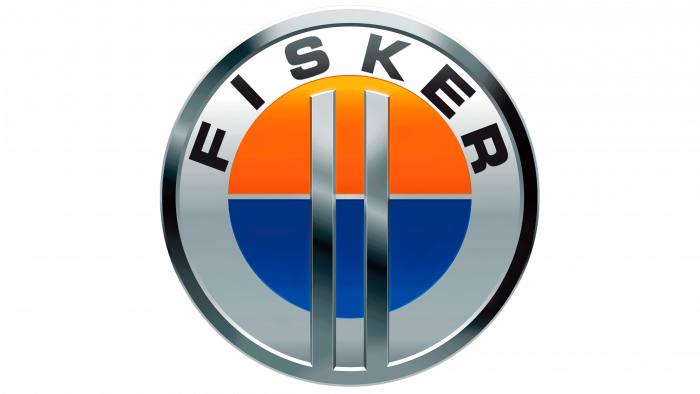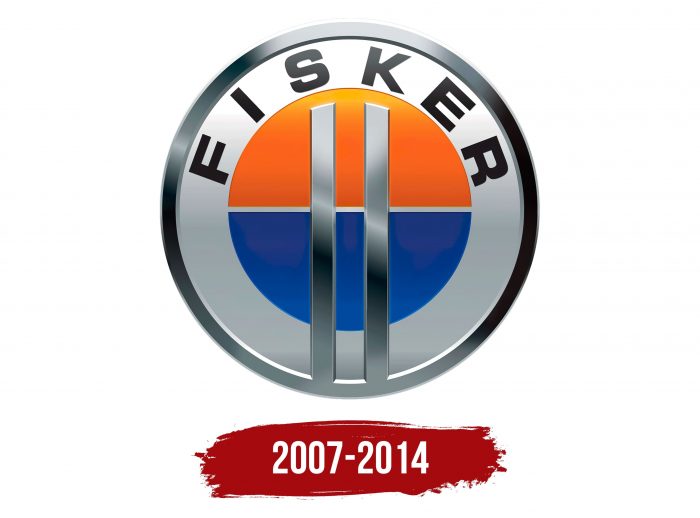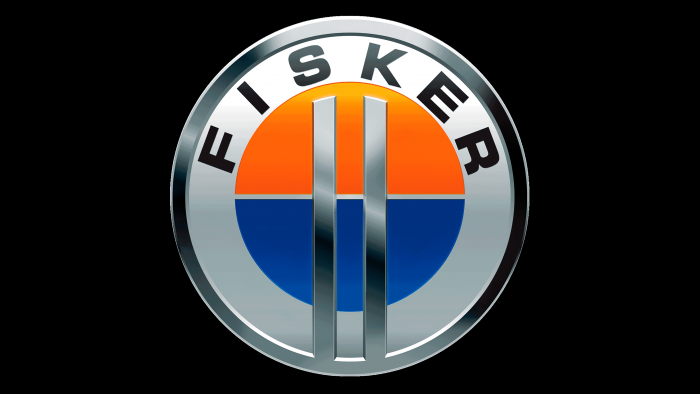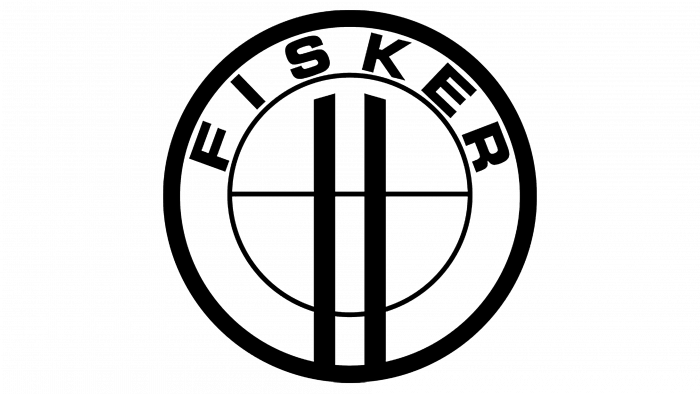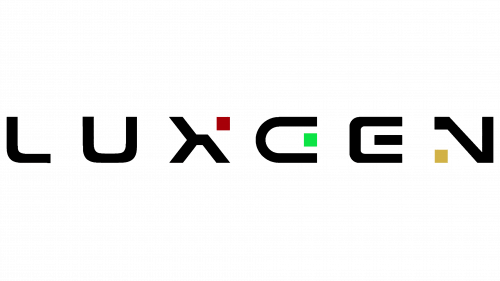The American company Fisker has a logo that is simple and serious. It corresponds to the automotive direction, looks like a metalized print, and consists of branded elements. This marking adds even more luxury to luxury cars, turning them into a standard of technical sophistication. The stylish sign looks great even in exclusive salons.
Fisker : Brand overview
| Founded: | August 2007 |
| Founder: | Henrik Fisker, Bernhard Koehler |
| Headquarters: | Anaheim, California, U.S. |
Meaning and History
This brand was created to produce a hybrid electric vehicle, becoming almost the pioneer of this direction in the automotive industry. He was one of the first to make such a luxury car, which debuted at the North American International Auto Show in 2008. The Fisker Karma began shipping in its third year in 2011. The company managed to produce about 2450 copies during its work, more than 2000 of which were successfully sold.
But then the enterprise began to experience interruptions in the supply of the main component – the charging battery since its manufacturer went bankrupt. This happened in 2012. Then the firm decided to engage in the design improvement of Karmas, producing spare parts and equipment for cars at its plant in Delaware.
What is Fisker?
Fisker is an automotive company that succeeded Fisker Automotive. It was founded in the United States in 2016 and announced the launch of the electric SUV Ocean for the mass market in 2019. In 2022, the manufacturer began accepting orders for the new electric vehicle PEAR.
Two years later, it was taken over by the Wanxiang Group, which renamed it Karma because the Chinese corporation bought the manufacturing sites and the rights to the car, but not the brand. His name and emblem remained with the founder – Henrik Fisker. Having closed one company, he almost immediately founded a second, retaining the same name and logo. At the same time, the new structure of Fisker Inc. is a completely different organization with no affiliation with Fisker Automotive.
The basis of the identity of the American company was the classic rondelle. It was around the logo with a clearly defined middle, a wide band around the edge, and a circular border. In the central part of the icon, there was a colored circle, divided into exactly two parts: the upper half was colored orange, the lower half – blue. Above them were two parallel silvery stripes, placed vertically. They started at the lower border of the badge and ended before reaching the edge of the orange area.
The middle was surrounded by a wide line of white and gray with a gradient transition. Above it was black lettering “Fisker” in block print with capital letters. The word was curved in an arch and had a wide array of symbols. At the edge was a double bezel: the inner border was dark silver with distinct highlights, the outer one looked like a thin black stripe.
Fisker: Interesting Facts
Fisker Automotive, started in 2007 by Henrik Fisker and Bernhard Koehler, aimed to create luxury hybrid electric cars. They brought their design experience from working on cars like the BMW Z8 and Aston Martins.
- Start: The goal was to lead in luxury electric vehicles, drawing on the founders’ design expertise.
- Fisker Karma: Their first car, the Karma, debuted in 2008 as one of the first luxury plug-in hybrids. It stood out for its design and eco-friendly materials.
- Eco-friendly Features: Karma’s interior uses recycled materials and has solar panels on the roof to charge and power the climate control.
- Solar Roof: It was among the first cars to use a solar roof to help with power, even running the air conditioning.
- Performance: The Karma was fast and could go 50 miles on electricity alone, with a total range of about 300 miles thanks to a gas engine.
- Financial Issues: Fisker struggled financially, facing recalls and losses, including many cars during Hurricane Sandy. This led to bankruptcy in 2013.
- New Ownership: The Wanxiang Group bought Fisker in 2014, relaunching it as Karma Automotive. The Karma car returned as the Karma Revero.
- Henrik Fisker’s Next Steps: In 2016, Henrik Fisker left and started Fisker Inc., continuing to work on electric vehicles.
- Awards: The Karma won several awards for its design and technology.
- New Models: Fisker Inc. announced the Emotion, a luxury sedan, and the Ocean, an SUV with a solar roof and sustainable materials, showing ongoing commitment to innovation and the environment.
Fisker’s story shows the ups and downs of the electric vehicle industry, with a strong focus on sustainability, design, and overcoming challenges.
Font and Colors
For the Fisker logo, the designer chose a sans-serif typeface close to the classic. It was a bold typeface with wide letters, which was especially evident in the “S,” “R,” and “E.” They were elongated and looked larger than usual.
The corporate palette consisted of three colors: orange, deep blue, and silver in several shades – from graphite to gray-glossy. They made the emblem energetic and dynamic.
Fisker color codes
| Deep Carrot Orange | Hex color: | #e66022 |
|---|---|---|
| RGB: | 230 96 34 | |
| CMYK: | 0 58 85 10 | |
| Pantone: | PMS 165 C |
| Indigo Dye | Hex color: | #00416b |
|---|---|---|
| RGB: | 0 65 107 | |
| CMYK: | 100 39 0 58 | |
| Pantone: | PMS 2955 C |
| Medium Gray | Hex color: | #bababa |
|---|---|---|
| RGB: | 186 186 186 | |
| CMYK: | 0 0 0 27 | |
| Pantone: | PMS Cool Gray 4 C |
| Dark Charcoal | Hex color: | #333132 |
|---|---|---|
| RGB: | 51 49 50 | |
| CMYK: | 0 4 2 80 | |
| Pantone: | PMS Black C |
